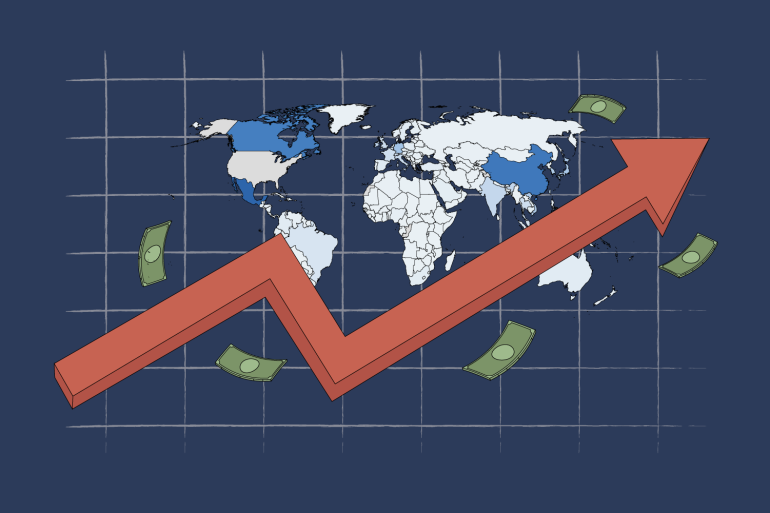On April 2, 2025, President Donald Trump stood in the White House Rose Garden, ready to unveil his “Make America Wealthy Again” trade agenda, a plan some are calling a “Liberation Day” for the U.S. economy. According to Stephen Moore, a former senior economic adviser to Trump, this announcement could shake up global trade—and possibly lead to lower tariffs worldwide. Speaking on Newsmax’s Wake Up America on April 2, Moore painted an optimistic picture of a world where Trump’s policies force other nations to rethink their high tariffs on American goods. But how realistic is this vision, and what might it mean for the average American?
Moore, a self-proclaimed “free-trade guy,” argued that the current global trade system is stacked against the United States. “Our tariffs are about 3, 4, or 5%, and many other countries are above 20%,” he said. “That just is something we can’t live with.” He believes Trump’s strategy—imposing tariffs on countries like China, Canada, and Mexico—could pressure them to level the playing field. For example, Trump recently slapped 25% tariffs on Canada and Mexico, citing issues like illegal immigration and fentanyl smuggling, and a hefty 20% tariff on China for its role in the drug crisis. Moore sees this as a bargaining chip, a way to push back against nations that “aren’t playing by the rules.”
The idea is simple: the U.S. has a massive consumer market—worth $15 trillion, according to Moore—that every country wants access to. If Trump’s tariffs make it painful for these nations to keep taxing American products like cars, tech, and manufactured goods, they might lower their own tariffs in response. Israel has already taken this step, with Prime Minister Benjamin Netanyahu announcing on April 1 that his country would drop all tariffs on U.S. imports. Moore predicts others will follow suit, saying, “Every country in the world needs access to America’s massive consumer market.”
But it’s not all smooth sailing. Trump himself has warned of “short-term pain for long-term gain,” a sentiment Moore echoes. The stock market has been rocky lately—Moore admitted to losing money over the past month—and some worry that tariffs could raise prices on everyday goods. Think about it: if imported items like clothing or electronics get more expensive, that hits your wallet. Yet Moore remains bullish, pointing to Trump’s first term as proof of success. “We had the biggest stock market boom ever,” he said, noting the NASDAQ soared over 100% and the Dow Jones climbed over 50% from 2017 to 2021. He even suggested now might be a good time to buy stocks at lower prices, betting on future gains.
Not everyone’s on board, though. Republican senators like Mitch McConnell, Rand Paul, Susan Collins, and Lisa Murkowski have voiced concerns about tariffs, fearing they could spark trade wars or hurt American consumers. Moore brushes this off, arguing Trump has used tariffs as a negotiation tool “to great effect” in the past. He thinks the pushback from other countries won’t last long. “As soon as this is announced, some of these other countries are going to start saying, ‘Wait a minute, we can’t lose access to America,’” he said. China, he added, has the most to lose—if it can’t sell to the U.S., its economy could tank.
So, what’s the big picture? Moore envisions a “liberation” from unfair trade practices, where Trump’s tough stance forces the world toward freer, fairer trade. It’s a high-stakes gamble—short-term bumps could give way to long-term wins, but only if other nations play ball. For now, all eyes are on Trump’s next move and how the world responds. Could this really be the start of a global tariff takedown? Only time will tell, but Moore’s betting on Trump to pull it off.
